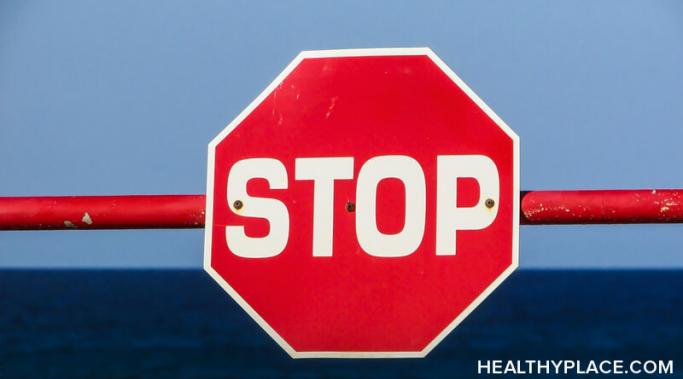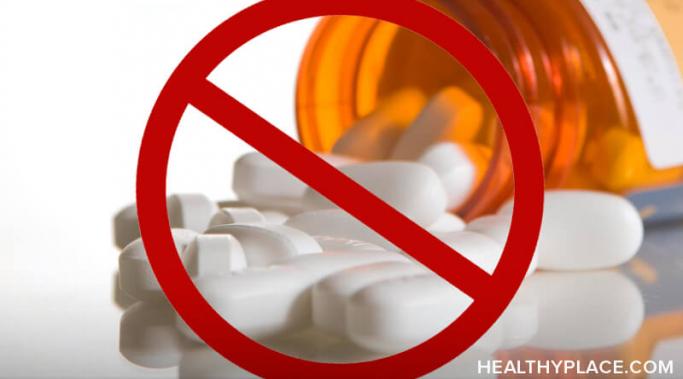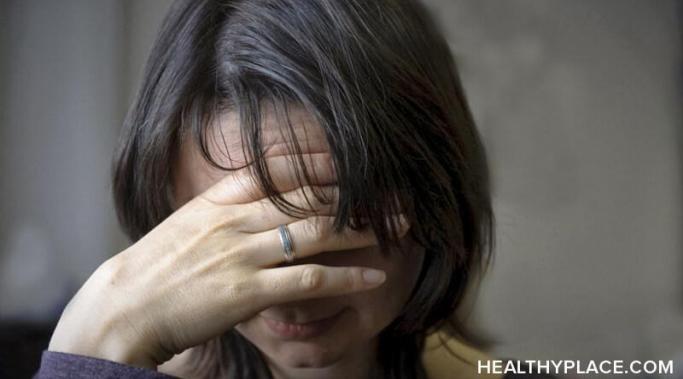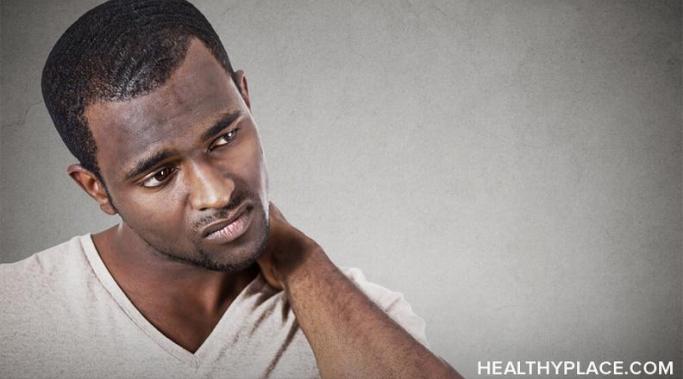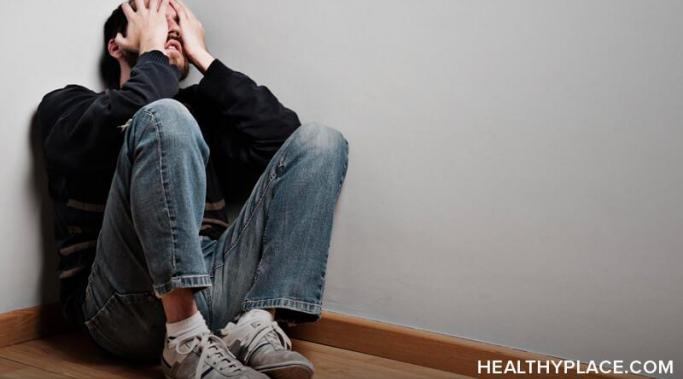Health boundaries, including mental health boundaries, can save your sanity or even your life, especially in the times of COVID-19. Setting health boundaries with those we love -- especially over the holidays -- can be very difficult, but is also so very important. Read on to learn about how to set your own personal health boundaries.
Breaking Bipolar
I had to find out what taking a COVID-19 test was like the hard way. I had to learn about the extreme anxiety that is taking a COVID-19 test the hard way. Yes, I had to take a COVID-19 test, and while I didn't want to do it, and it made for a horrifically anxious couple of days, I would do it again anyway.
I recently had to hire someone to help clean my apartment, and this made me feel like a failure. And when I say failure, I mean I felt like an abject failure. I actually cried when I made the appointment. I don't want someone in my space. I don't want someone touching my things. I don't want someone doing things I should be capable of doing. In short, I don't want help. Help makes me feel like a failure.
I often feel helpless because of bipolar disorder. I know we're all supposed to be empowered and in-control of our own destinies, but those things are an illusion at best, and bipolar is excellent at reminding me of that. All chronic illnesses, and for me, bipolar specifically, go with feeling helpless.
Medication failure is not bad. Don't get me wrong, I know that it feels really, really bad, but just hear me out on this one: even though it feels terrible, a failing medication is not bad.
Do you wake up sometimes and know it's going to be a bad day from the outset? I do. Sometimes before I put my feet on the floor, I know it's going to be a bad day. Now, I think, for the average non-sick person, this sounds like a self-fulfilling prophecy. In other words, if you think it's going to be a bad day, then it certainly will be. This is not the reality for a person with a chronic illness, though. Sometimes we know it's going to be a bad day. If you have this feeling sometimes, here's how to handle it.
Bipolar disorders and anxiety are frequent bedfellows. In fact, anxiety and anxiety disorders occur in more than half of those with bipolar type I, according to the paper, "The Importance of Anxiety States in Bipolar Disorder." And I am one of those who experience anxiety in bipolar disorder. Whether your anxiety comes in the form of a specific disorder, or it's just symptoms of anxiety, I can attest to the fact that anxiety affects bipolar disorder, and it's not in good ways.
I'm a realist and I have bipolar disorder. I find this is a troublesome combination. I think this is because people often see realism as negativity, especially when you have bipolar. Realism isn't negativity, however. It's okay to be realistic with bipolar.
Mistakes can make a person suicidal. I know this because, in the past, that person was me. Making mistakes has made me feel suicidal. Is this an overreaction? Yes, of course it is, but that doesn't mean it isn't a real reaction. (Note: This post contains a trigger warning.)
Do you think you can deal with bipolar disorder alone? Do you think you can keep your bipolar a secret and just do what it requires by yourself? If so, you're not alone. Many people try, sometimes for years, to handle bipolar disorder alone. They do Google searches and online research about bipolar and its treatments and somehow that makes people think they can do it on their own. But I have news for you: you can't deal with bipolar disorder alone.
